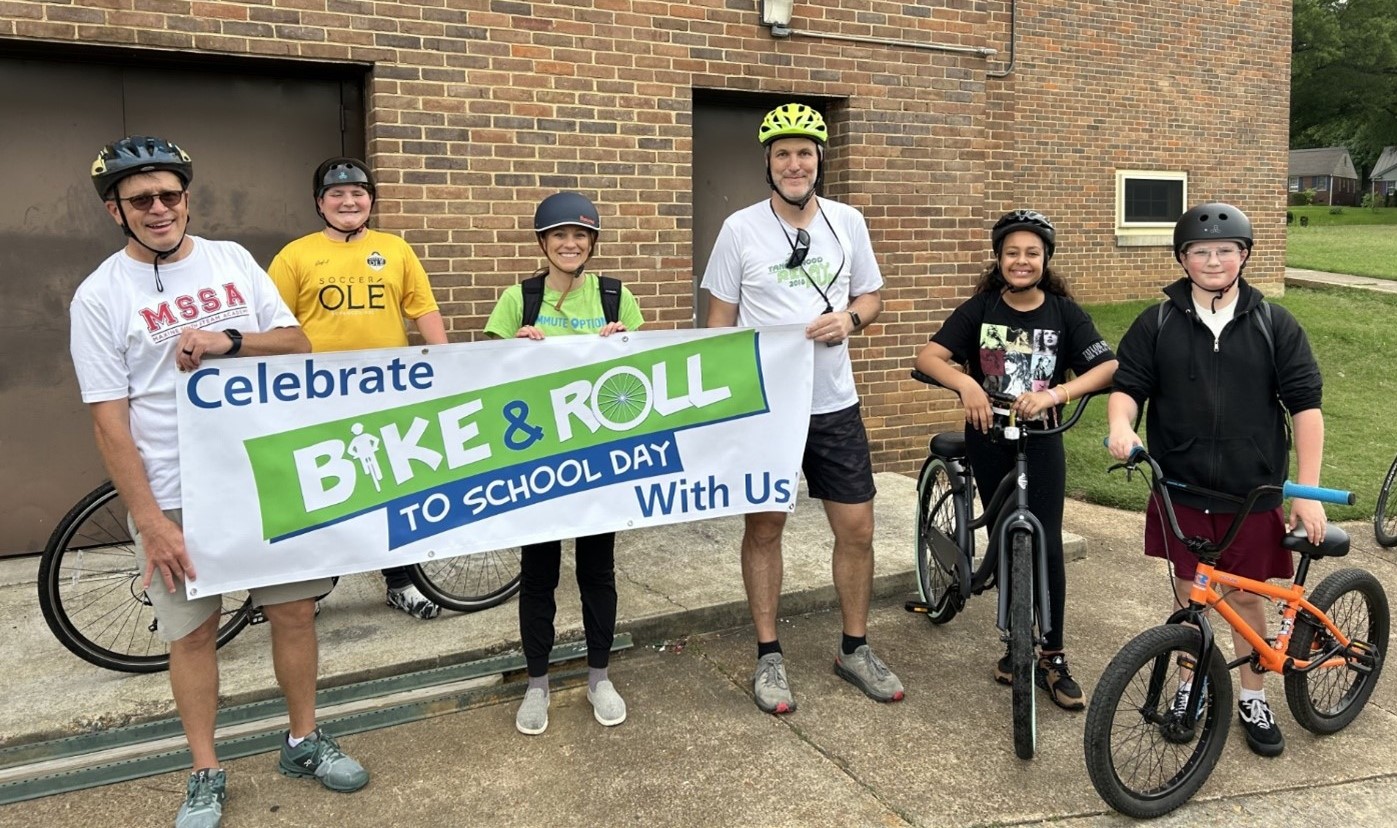

New Report: Clean Memphis partners with Innovate Memphis on food rescue landscape analysis and solutions
BlogWe are excited to share that Clean Memphis has published the Memphis Food Rescue Landscape Analysis, a project powered by Innovate Memphis that identifies challenges and potential solutions to address local food insecurity. With funding provided by the City of Memphis and the National Resource Defense Council (NRDC), Clean Memphis partnered with Innovate Memphis to understand the local food landscape and the role that last mile organizations and donors currently do and could potentially play in food rescue efforts. The resulting report engaged 30 unique last mile organizations (LMOs) and donors to identify challenges, needs, opportunities, and recommended actions. One of the major takeaways was a desire for a community resource that aggregated the various programs and information on food access in the city as a way to improve coordination between last mile organizations and to better serve those with a need for food. NRDC has conducted similar food waste studies in Baltimore, Denver and Nashville as part of their Food Matters Initiative.
While food waste does not necessarily cause food insecurity, the high rates of food waste and food insecurity are reflective of structural issues within the food ecosystem that result in some not having enough food while others waste food. The Natural Resources Defense Council estimates that we could meet 19% of our meals gap through increased donation. In Memphis, food insecurity is an increasingly prevalent issue that has been exacerbated by the COVID-19 pandemic. According to Feeding America’s Map the Meal Gap, the food insecurity rate among constituents in Shelby County rose from 15% (140,940 food-insecure people) in 2019 to 21.6% (202,954 people) in 2020. Shelby County’s Health Department now features the Food Insecurity Index, a measure of food access where index values between 0 (low need) to 100 (high need) are available for each zip code, census tract, or county. Visible on the map, zip codes North and South of the Poplar corridor have higher need indexes, with values decreasing the further East one travels.

The primary goal of the landscape assessment was to identify local last mile organizations’ (LMOs’) capacity for and interest in receiving and distributing rescued food from donation sources. Last mile organizations work directly with people experiencing food insecurity, and their services can include a food pantry, on-site meal service, or meals delivered to another location. Innovate Memphis conducted 30 stakeholder interviews, a survey instrument, site visits, and two collaborative stakeholder meetings with LMOs and donors. Challenges that LMOs experienced included inconsistent food donations, capacity issues due to a heavy reliance on an aging volunteer population, and a lack of resources such as equipment and storage space. Opportunities included expanding donations by educating and incentivizing local restaurants, small grocers, and local farmers to donate fresh produce and prepared foods. Other opportunities included building a local sustainable food economy that prioritizes connections among local farmers and constituents, addressing capacity issues, developing a smartphone technology to identify and connect LMOs with constituents and donors, and decreasing food waste through a food rescue coordinator position.
Food rescue initiatives have the potential to address both food waste and food insecurity by rescuing and redistributing food. This assessment laid the groundwork and initiated deeper engagement for future collaboration among LMOs and donors. High priority action items included identifying a food rescue coordinator, establishing a small-scale network of highly motivated and dedicated individuals and organizations to take immediate action, and remodeling local food pantries to prioritize dignity and respect for constituents. If you’re interested in more tools and resources regarding food waste and rescue, visit NRDC’s Food Matters Resource Library.
Innovate Memphis began food systems research in 2022 in partnership with No Kid Hungry to identify and advance potential projects, policies, and programs to improve food security in Memphis. Clean Memphis, a non-profit organization focused on environmental issues and education, recently developed programming around reducing food waste with its program Project Green Fork. Angelica Carey, who has been serving as the Food Systems Innovation Fellow since May 2022, worked with Lydia Babcock, a master’s candidate in Anthropology and Public Health at the University of Memphis, to conduct participatory research and author the report.
If you are looking for more information and resources on food insecurity, visit Feeding America’s research on Hunger and Health and the Mid-South Food Bank.
©2024 Innovate Memphis. All Rights Reserved
Created by eBiz Solutions.


